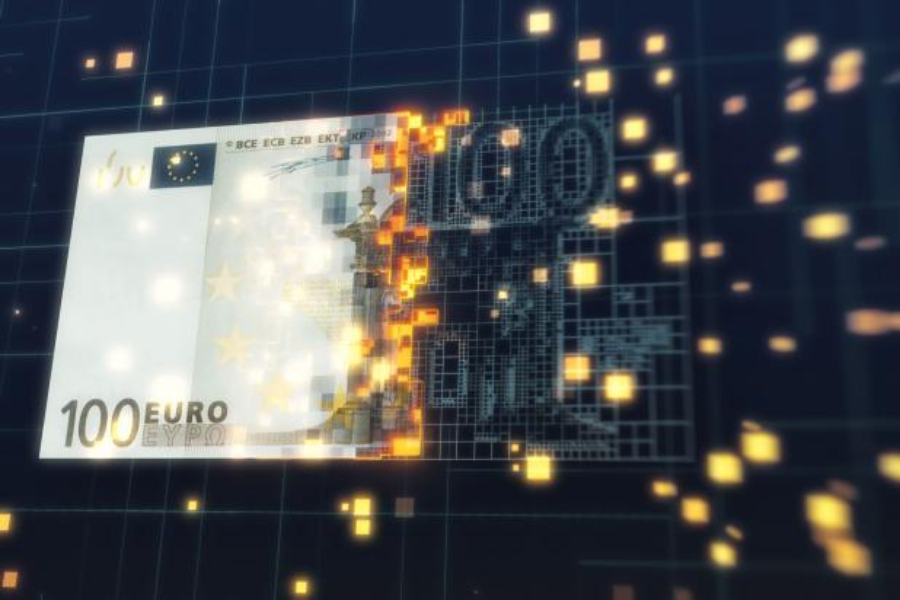“If we want the digital Euro to become a success, we need a clear and convincing narrative of why we need it in the first place. People need to see the benefits of a digital Euro in their day-to-day lives. The European Central Bank and the European Commission have yet to make a compelling case of why we need the digital Euro and what added value it will deliver,” explained Markus Ferber MEP, the EPP Group Spokesman in the European Parliament’s Economic and Monetary Affairs Committee.



They keep speaking about advantages but list none nor can i see any.
I can already use my ec card to pay and i need a bank account for my bills anyways so why would i get another digital option
If you mean German EC cards, afaik they mostly don’t work outside Germany.
And most Credit and Debit cards today are operated by either Visa or Mastercard, two American companies.
I think one of the main purposes of the digital Euro is to counter that monopoly.
I’ve used the EC card in Austria, as well as Sweden and Italy without any issues.
When? Because until last month they still had Maestro on them. It’s likely that you used that in those other countries unknowingly. EC is a distinctly German thing.
right my bad, yes ofc with maestro on it i thoguht ec was a general word for electronic payment with a debit card
It’s important to note that Maestro was just killed off by Mastercard. So now you’ll need a Visa or Mastercard Debit Card. Which is probably one of the reasons why the EU would like a system that isn’t dependant on these two US companies.
My Sparkassenkarte worked perfectly fine in the Netherlands just 3 weeks ago.
I didn’t even know they killed Maestro and assumed it used that.
They killed it at the end of June, so I assume it did still use Maestro.
I mean for one you’re not actually transferring Euros when you use your EC card, or use your bank account in general: You’re using Bank Euros, which the bank promises it can back with ECB Euros but if you look at its balance sheets then it will have too few ECB Euros to back everything because that’s what fractional reserve banking means: If you put 100 ECB Euro on your bank account your bank has to deposit one ECB Euro with the ECB, it can do whatever (within the law) with the rest. Like depositing a further 50 ECB Euros with the ECB and adding 5000 Bank Euros to your account and calling it a credit.
Coins and notes are actual ECB Euros, the real deal, no ordinary banks involved. The digital Euro allows that kind of immediacy also in, well, the digital space.
It may just stand on its own, or it might be an ingredient in full reserve banking down the line. In particular it would allow the ECB to increase and decrease monetary supply very freely without having to rely on the whims of other banks, that was especially an issue in the financial crisis where no matter how cheap the ECB was lending out money to the banks, they wouldn’t use it to give loans to customers. The ECB can’t really fulfill its mandate of price stability if it doesn’t have proper control of the supply of the kind of money that people are actually using, which increasingly is electronic and thus non-ECB Euros.
I play with crypto (don’t kill me) and it’s insane to see how I can send/receive funds between family members in a non-EU country with ~0 fees via a public, open source network AND the funds are there within seconds/minutes depending on network traffic.
Imagine travelling to countries without the euro and MasterCard or Visa doesn’t take 3% on the official exchange rate for each of your purchases.
Sure there are new challenges and risks, but the benefits are there too.
EC is Maestro and it has been discontinued. Once your card gets renewed, you basically move to a Mastercard, since they own Maestro/EC More: https://www.mastercard.com/news/europe/en/perspectives/en/2021/blog-from-valerie-nowak-why-this-maestro-is-retiring-after-30-years/